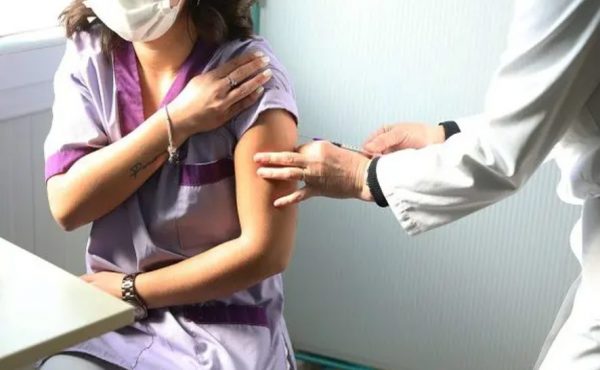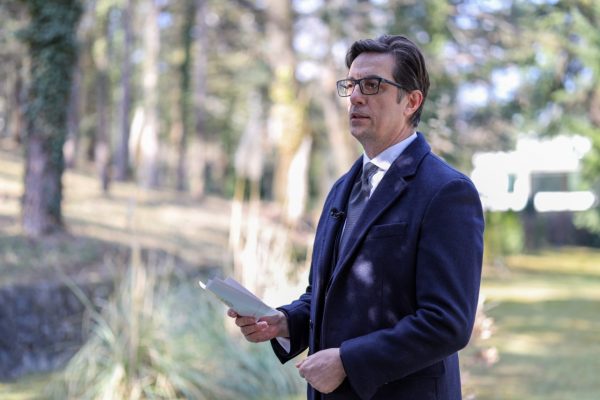All citizens who have received the first dose of the AstraZeneca vaccine in Serbia will be able to get the second shot in North Macedonia, but only after additional batches from this jab are delivered to the country via the COVAX facility. Regarding inoculation of younger nationals, we’re waiting on the European Medicines Agency (EMA) to issue an official recommendation, Minister of Health Venko Filipche said on Wednesday during a visit to the Skopje-based gerontology institute.
The EMA, he added, is expected to hold a press briefing at 4 pm on Wednesday.
“We’ve held talks with representatives of the Serbian Health Ministry regarding data on people who got vaccinated there. They’ll be able to receive the second dose of the AstraZeneca jab in North Macedonia once additional batches arrive via the COVAX facility, which should be by the end of the month. However, we’re yet to take up an official position on inoculation of younger people who got vaccinated in Serbia. The EMA will hold Wednesday afternoon a meeting, so we’ll wait to see what they say,” Filipche told reporters.
The European Medicines Agency (EMA) is set to hold a press briefing in Amsterdam on Wednesday at 4 pm, on its review of possible links between AstraZeneca’s COVID-19 vaccine and blood clotting cases. The press conference was officially confirmed on EU institutions’ website. On Tuesday, EMA head of vaccine strategy Marco Cavaleri said it was clear that there was a link between the AstraZeneca jab and clots.
People under the age of 60 in North Macedonia are not inoculated with the AstraZeneca jab, in accordance with the recommendations that were issued in Canada and Germany. If the EMA recommends against giving the AstraZeneca vaccine to people under 60, their second doses will be from other manufacturers, Minister Filipche said on Tuesday.
Moreover, the vaccination in North Macedonia with AstraZeneca for over 77-year-olds is going well, he added.















